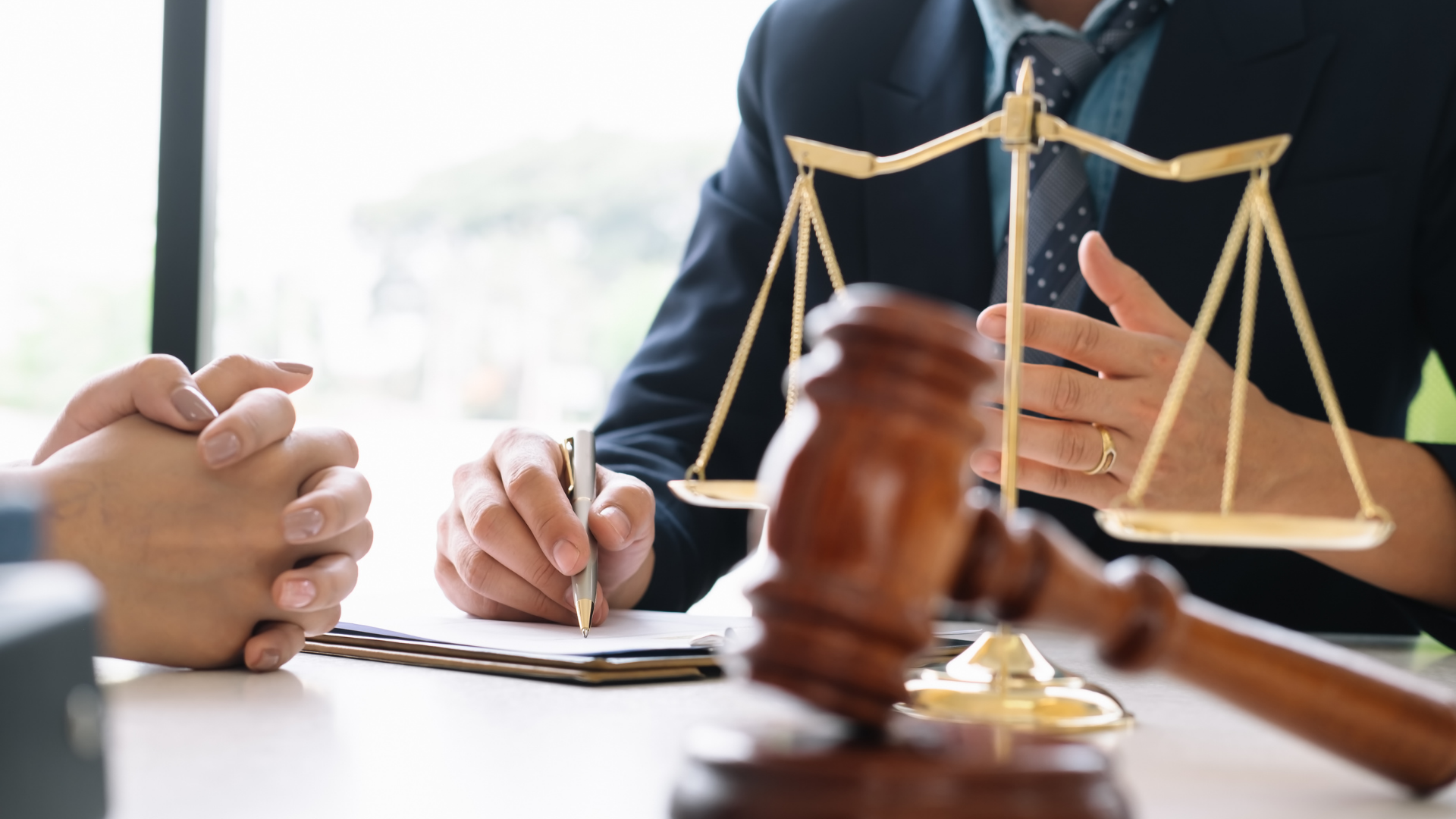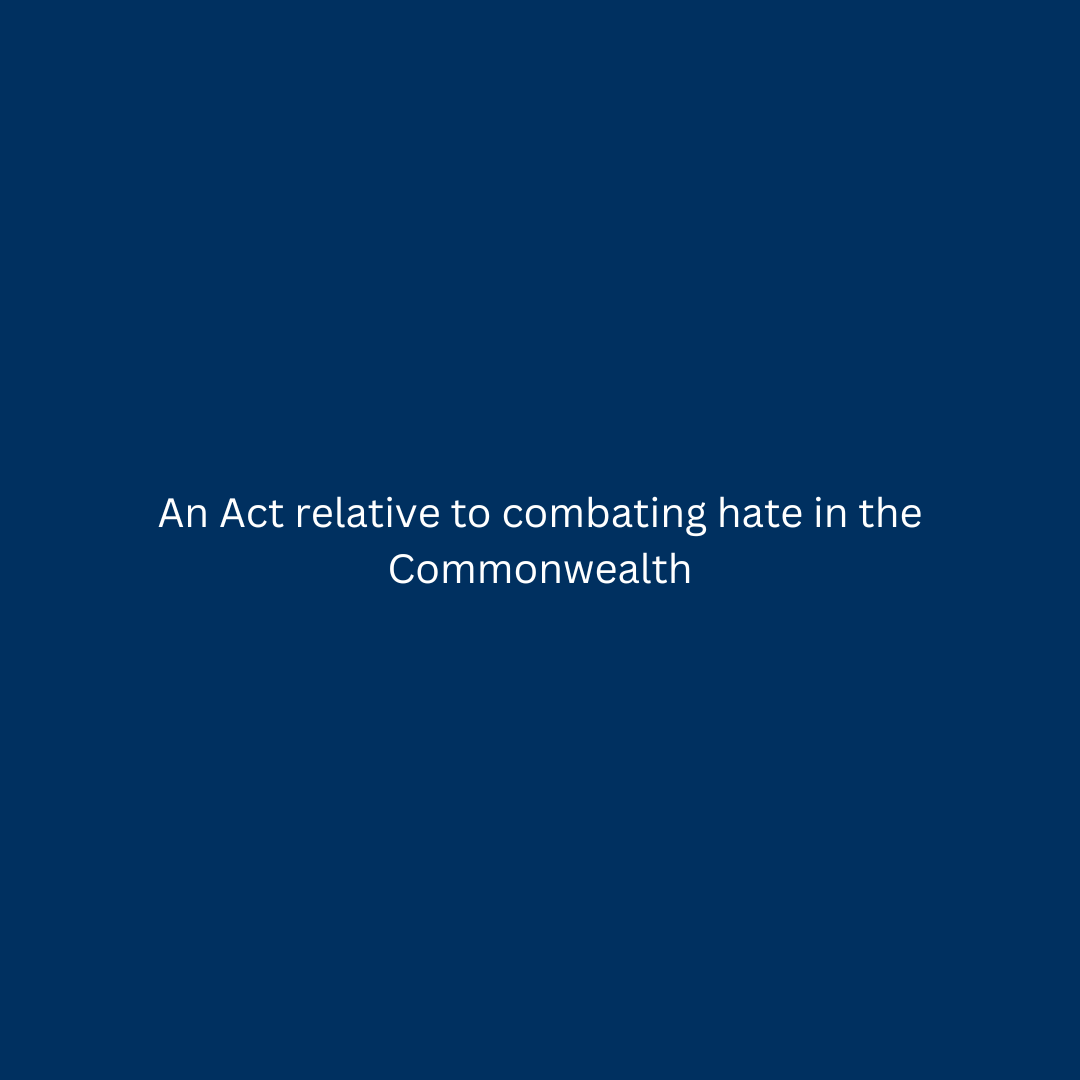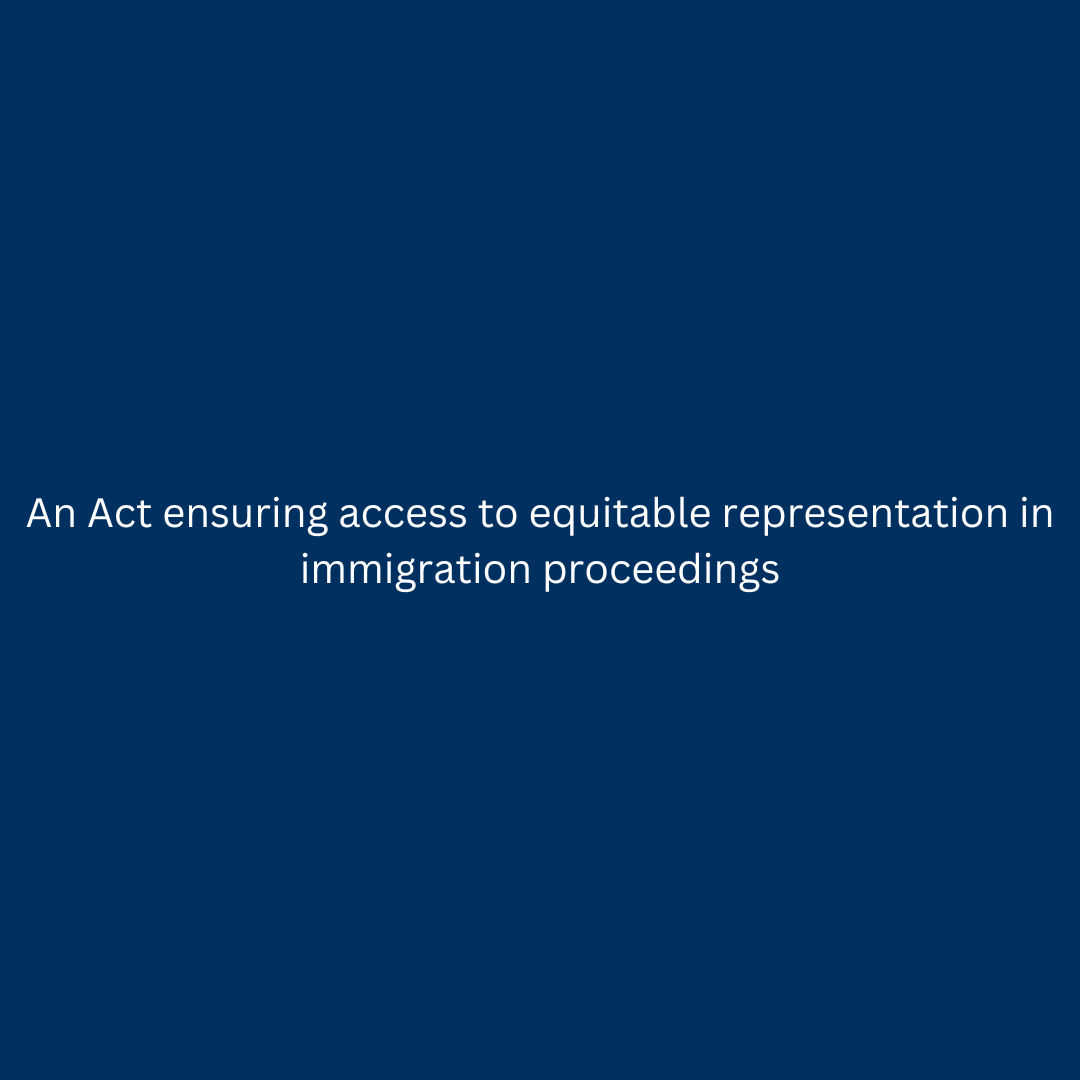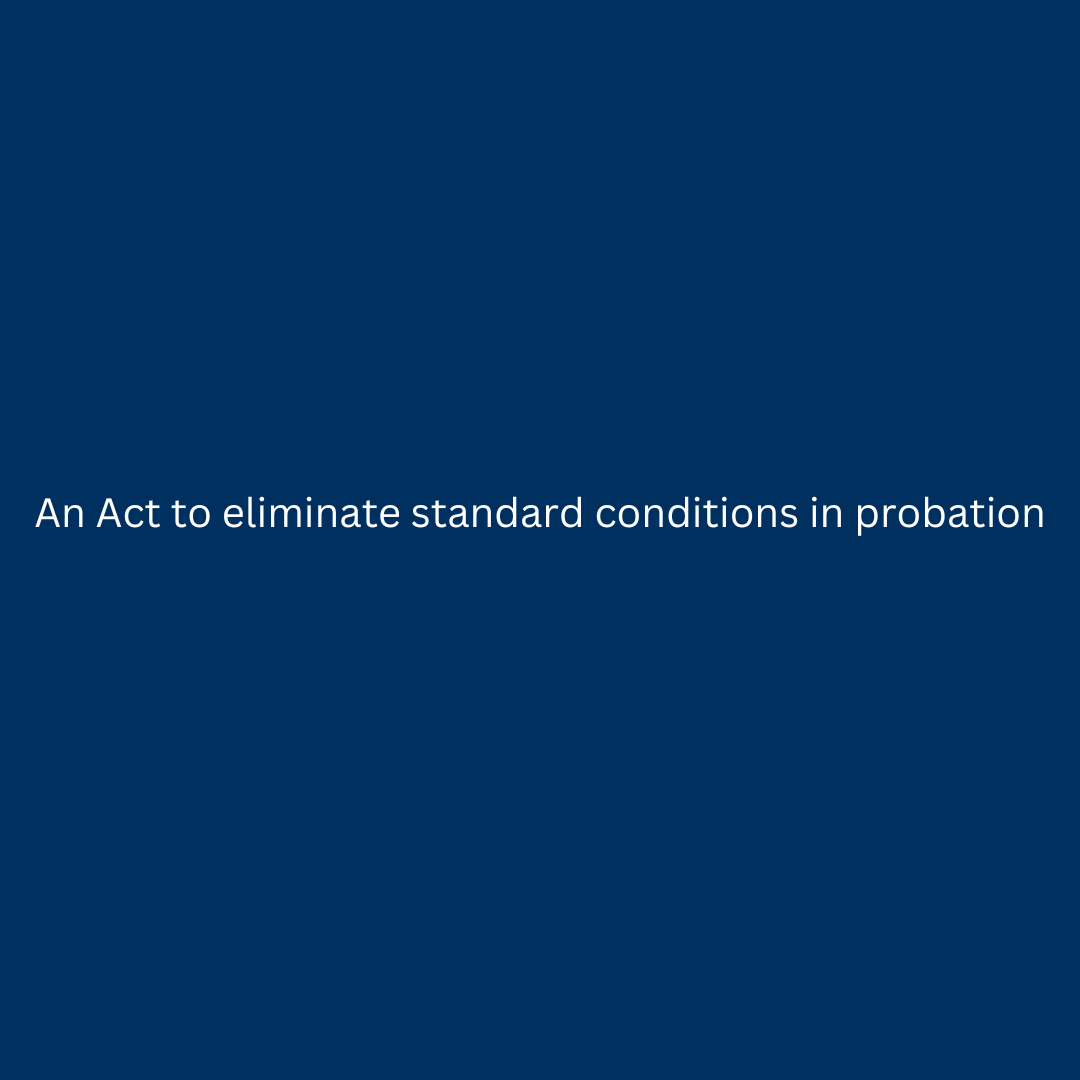
Criminal Justice and Equity

-

The proposed bill seeks to amend Massachusetts' education laws concerning student dress and grooming codes in both school districts and charter schools. It requires these codes to be free of distinctions, discrimination, or restrictions based on various attributes, including sex, gender identity, race, national origin, religion, disability, age, or sexual orientation. The codes must be clearly, specifically, and objectively defined to prevent ambiguity. Enforcement of these rules by school employees cannot involve direct physical contact with students or require students to undress in others' presence for compliance checks. While students cannot be suspended solely for dress or grooming violations, schools retain the authority to prescribe specific clothing colors and implement measures to prevent bullying or harassment. The Massachusetts Department of Elementary and Secondary Education is responsible for developing the necessary regulations and policies to enforce these amendments. The changes will become effective 60 days after the bill's passage.
-

This bill proposes significant amendments to Massachusetts law governing the sealing of criminal and juvenile records. Key changes include:
Presumption of Innocence Statement: It modifies Section 172 of Chapter 6 to require that individuals or entities requesting criminal offender record information receive a written statement affirming the presumption of innocence for those with charges that are non-convicted or pending.
Juvenile Records: The bill revises Section 100B of Chapter 276, mandating automatic sealing of juvenile records for cases not resulting in adjudication, eliminating the need for petitions or requests unless the juvenile opposes. Juveniles who initially object to sealing can request it later.
Immediate Sealing for Non-Convictions: Under the revised Section 100C, records for cases not resulting in conviction will be sealed immediately without the need for a petition, unless the defendant opts out. The bill specifies that "conviction" involves a finding of guilt and does not include continuances without a finding. Importantly, no waiting periods apply for sealing these records.
Access to Sealed Records: Amendments to Section 100Q allow individuals and their legal representatives to access sealed records upon request, without requiring a court order or other legal steps. Additionally, it provisions for waiving copying fees for indigent individuals.
Overall, the bill facilitates more streamlined processes for sealing records, enhances the accessibility of sealed documents, and upholds the rights of individuals with non-convicted or pending charges.
-

This legislative bill seeks to bolster the legal framework surrounding civil rights and the handling of hate crimes. Key amendments include changes to Section 11A of Chapter 12 of the General Laws, enabling the division of civil rights and liberties to issue civil investigative demands before filing any civil action. These demands can compel the production of documents, the answering of written questions, or the giving of oral testimony related to any suspected violations. The bill also empowers the Attorney General to request court intervention to amend these demands if deemed necessary in the public interest. Further modifications to Section 11I of Chapter 12 allow courts to grant statutory damages of up to $5,000 and punitive damages to victims of bias-motivated violations. Courts are authorized to provide injunctive relief to facilitate the peaceful exercise of rights and uphold these through contempt proceedings, without hindering the Attorney General's powers. The bill also proposes revisions to Chapter 22C to improve hate crime data collection and standardization. It mandates quarterly reports from police and law enforcement agencies, with voluntary contributions from non-law enforcement sources. It also calls for a central repository for managing this data, ensuring confidentiality and accuracy. Further adjustments to Chapter 265 aim to deter crimes intended to intimidate based on protected characteristics, by setting penalties that include fines up to $5,000, imprisonment for up to two and a half years, or both. These enhancements collectively aim to reinforce the mechanisms for tackling civil rights violations and hate crimes within the Commonwealth.
-

The bill introduces the Immigrant Legal Defense Fund in Massachusetts to provide free immigration legal services to eligible immigrants and refugees, especially those in federal immigration detention or at risk of deportation. The fund, collected from state appropriations and other contributions, is managed by the Office for Refugees and Immigrants through a competitive grant program. This program allocates funds to nonprofit organizations, law firms, and qualified private attorneys experienced in immigration law to deliver culturally responsive representation in removal proceedings. A designated coordinator will establish a statewide system to support logistical needs, training, and case placement for legal providers. Legal services are prioritized for individuals detained or facing immediate deportation risks. Additionally, an advisory committee with diverse members will offer guidance on service coordination, policy development, and case prioritization. The fund's activities are subject to annual reviews, with the administrator required to report financial details, case statistics, and encountered challenges. The bill also specifies that the Massachusetts General Court will allocate funding to the Immigrant Legal Defense Fund as a distinct line-item in the state budget, while allowing for additional financial contributions from external sources.
-

The bill aims to reform probation practices within the Massachusetts criminal justice system by amending Section 87A of Chapter 276 of the General Laws. The primary focus is to ensure that probation is largely administrative and that any conditions imposed are directly related to the offender's characteristics and the nature of the committed crime. Judges are mandated to impose conditions that have a clear rehabilitative impact or serve a legitimate public safety purpose, supported by clear and convincing evidence. Additionally, a new Section 87BB is introduced, which sets specific maximum durations for probation: three years for felonies and one year for misdemeanors. The bill limits consecutive probation periods to these maximums unless the offenses occurred during probation. However, exceptions are made for sex offenses, if longer probation could reduce future crimes, or for cases requiring extended periods for restitution collection, as long as the longer period remains administrative. It also allows a 90-day probation extension for offenders undergoing substance use treatment, pending a court hearing and decision. The bill ensures that maximum probation terms cannot surpass the statutory maximum term of commitment, except in certain situations specified in the bill.
